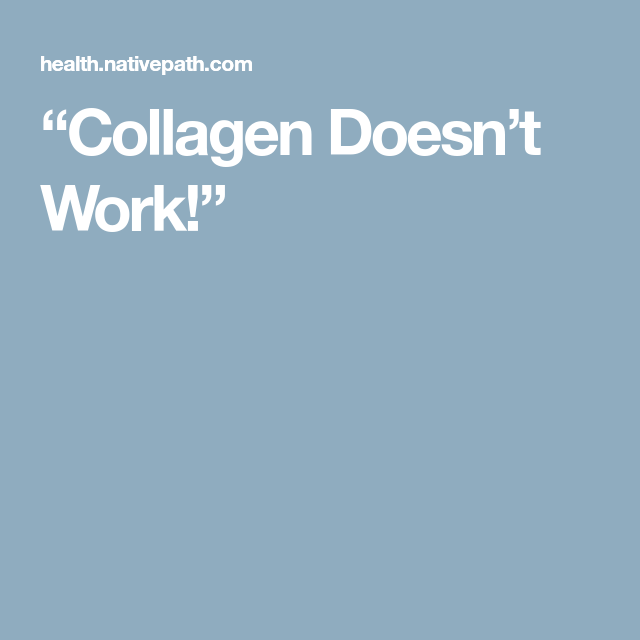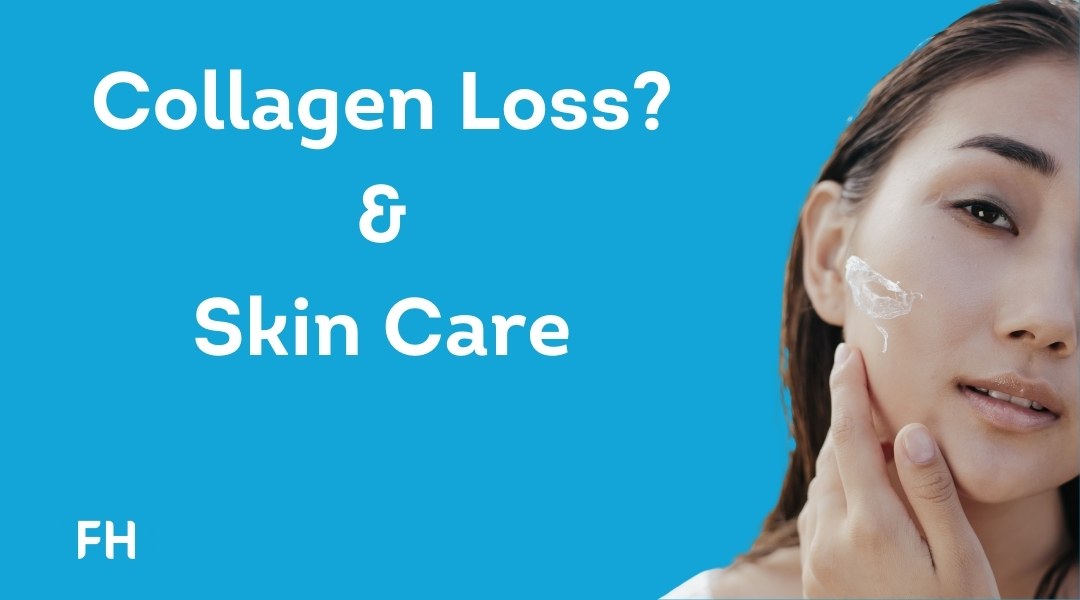WHAT IS FLUOROQUINOLONE TOXICITY?
Fluoroquinolone toxicity is created from taking any of the fluoroquinolone antibiotics. These are mainly Ciprofloxacin, Levaquin and Avelox. Toxicity from fluoroquinolones happens more than you think. When you take this class of drugs it creates mitochondrial dysfunction, central and autonomic nervous system dysfunction and psychiatric side effects. This powerful class of antibiotics, which has a black box warning, can pass the blood brain barrier (BBB) and permeate almost every tissue in your body. This causes cellular stress and ultimately downstream side effects to many systems in the body. If you have been affected by this class of drug.
How Do Fluroquinolones Affect Collagen?
After decades of being on the market, many peer reviewed studies are showing that this class of antibiotics, or should I say failed chemotheraputic drug, show many concerns over the issues of soft tissue destruction. The Food and Drug Administration (FDA) has issued several warnings about potentially disabling adverse effects with their use, beginning with tendinopathy and tendon rupture. So, how does this drug actually affect the soft tissues and dot hey cause such a fluoroquinolone collagen damage?
Fluoroquinolones cause an issue in the body by disrupting multiple enzymes called MMP or (matrix metalloproteinases). Enzymes are like “factory workers” of the body and have tasks to do based on an instruction set given to them. When enzymes falsely get triggered or “told” to carry out a task in the body, this can either be a good or bad thing. In medicine, we use peptides to task enzymes to carry out repair in the body, however with the case of FQ drugs they turn on enzymes that should not be turned on and here lies the issue.
Fluoroquinolones (Ciprofloxacin, Levaquin) potentiated interleukin (IL)-1β-stimulated expression of matrix metalloproteinases (MMP)-3 and MMP-1 in human tendon-derived cells. Interleukin is an inflammatory cytokine signal in the body tasking these enzymes to start going to work, this is bad. Fluoroquinolones have a similar effect on expression of MMP-13. When these enzymes are turned on, they change the way your body degrades and repairs soft tissues like tendons, cartilage and skin. In this study they demonstrate why this happens to your enzymes. I also wrote another article on MMP production here.
Finally all the researches highlighted higher levels of matrix metalloproteinases, MMPs that is caused both by the direct up-regulation of the gene and by a lower expression of Tissue inhibitor of MMPs, TIMP, that usually bounds the MMPs in order to reduce their breakdown of the collagen. Even if MMPs activation is higher, there is no trigger of SPARCexpression, a matrix glycoprotein that is involved in the proliferation of tenocytes associated to MMPs activity during tendon repair and modelling. Moreover the FQs down-regulate the expression Long lysyl hydroxylase 2, LH2b,an enzyme involved in the creation of cross-links between the newly synthesized collagen.
Furthermore it has also been demonstrated that FQs affect the process of tendon healing, because the drug decreases especially the expression of type III collagen, that is used as a mold for the deposition of type I collagen in early phase of tendon repair. Source.
Who Is At Risk From The Fluoroquinolone Collagen Issues?
To be honest, I feel everyone who takes a fluoroquinolone is at risk. These drugs are toxic, and so many peer reviewed studies are showing the issues to collagen damage, especially Ciprofloxacin collagen damage. But who should not take fluoroquinolones? Well, I am not here to tell you to take or not take any drug that your doctor has prescribed to you. I am only here to inform of the facts and my personal experience over the last decade. Here are some critical things to cover about who is more susceptible to FQs.
The main risk factor related to tendinopathy and collagen issues are age because some studies demonstrated an inhibition of type III collagen in elderly patients and a change in the structure of collagen, whose diameter increases. Moreover, fibrotic changes related to aging cause a weakening of the tendons and a reduction in ultimate strain, ultimate load and in the modulus of elasticity. So, the older you are, the more likely collagen issues are prevalent.
Steroids, yes that Flonase you’re taking when you are also taking a toxic fluoroquinolone antibiotic, can make things way worse and here is why. Another important risk is the corticosteroids’ treatment. Glucocorticoids, such as cortisol or corticosteroids, are normally released in stressful situations to increase catabolism through the stimulation of MMPs, so they strengthen the effects of FQs. You can also read my article here on steroids and FQs.

Diabetes or insulin issues can cause a risk factor and here is why. Since it has been demonstrated that high glucose level scan increase the expression of MMP’s mRNA making the effects of FQs more devastating. In addition, advanced glycation end products (AGEs) accumulate in the connective tissue and can modify the synthesis of ECM by signaling through cell surface receptors. I have seen this much later after FQ exposure when patients become glucose/insulin sensitive and their issues get worse when there A1C or post meal glucose gets to high. I am sure you can relate to this, albeit we can control this with supplements and diet to retrain the bodies adaptation to increased glucose in the body to then alleviate the up regulation of MMP activity.
Some other issues have been seen with people who suffer from EDS (Ehlers-Danlos syndrome) which is a connective tissue disorder. Patients with this pre-existing condition have been placed in a list by the FDA to not take any fluoroqinolone drugs seen in this article.
So What Can You Do About Collagen Loss?
–Skin Care
For many of those suffering I totally understand the new wrinkles on your face, dry skin, loose skin and older looking skin. These are all issues I have seen over the years and obviously from the issues stated above. I like to coin the term “accelerated aging” as what happens to your skin. If you have seen the movie “There Is Something About Mary” and the mother is smoking outside while tanning and her skin looks like old and chard, well that is how my skin on my face felt after taking Cipro.
Most over the counter skin products are filled with petroleum, chemicals and words I cannot pronounce. There is no way I would ever put more junk in my body, especially after FQs. Also, the cliché marketing buzzwords like infused with collagen, biotin and wrinkle defying formulation. I really have a hard time believing that chemicals will help me. I do, however, believe in science, natural compounds and peptides. That is why I was so excited when I found a company called Alitura. The owner feels the same why I do, and all his products are backed by amazing stories and the all mighty SCIENCE. You can find his products here, and I suggest you read the reviews and formulations. You can see all of these amazing products here.
– Supplements
So is there a way to supplement to reduce those pesky MMP enzymes and calm them down? Well, yes and you can do that with the following supplements. These supplements regulate the activity of specific MMP enzymes to reduce the damage to tissues in some studies.
Green Tea Extract [3]
Shark Cartilage [4]
Green Lipped Mussel Extract [5]
All of these above supplements show promise in reducing active MMP enzymes triggered by the FQ toxicity you may have going on. It is my opinion that this be addressed early in the toxicity to help the damage created by fluoroquinolone toxicity. Get these supplements for 15% off right now. Just type in each supplement in the search box after starting a free account.

Collagen, does it actually work?
So, I have a longer relationship with collagen than my marriage, really like 9 years and guess what benefit I have seen, ZERO. Why is that? Well, there really are no conclusive studies showing a direct correlation to ingesting collagen and giving your skin an upper hand. So, I stopped collagen not too long ago and switched to topical products like Alitura. I also implemented somehting called Pronline, an amino acid found in collagen.
So I take proline because it is the foundational amino acid to form collagen in the body and other soft tissues that make up tendons and ligaments. This is like trying to make a brick wall with no cement analogy, the proline is the cement. In fact, Proline is an essential component of collagen, and therefore is vital for proper functioning of joints and tendons. Besides, this amino acid helps maintain and strengthen heart muscles. Since Proline is a non-essential amino acid, which can be obtained from Glutamic acid, it is not necessary to be obtained additionally from dietary sources. In other words, the human body can produce enough Proline for its own use. Like many other amino acids, Proline can be easily utilized as an energy source for the body.[2]
So if you are suffering from collagen loss, tendon pain or ligament strains you may want to check out these supplements and topical formulation to fight back the fluoroquinolone toxicity. Please comment below with any of your story or suggestions that may help others.













… [Trackback]
[…] Read More on to that Topic: floxiehope.com/fluoroquinolone-collagen-damage/ […]
… [Trackback]
[…] Info on that Topic: floxiehope.com/fluoroquinolone-collagen-damage/ […]
… [Trackback]
[…] Read More on that Topic: floxiehope.com/fluoroquinolone-collagen-damage/ […]
… [Trackback]
[…] Info to that Topic: floxiehope.com/fluoroquinolone-collagen-damage/ […]
… [Trackback]
[…] Find More Info here to that Topic: floxiehope.com/fluoroquinolone-collagen-damage/ […]
… [Trackback]
[…] Here you can find 9634 additional Info to that Topic: floxiehope.com/fluoroquinolone-collagen-damage/ […]
… [Trackback]
[…] Read More to that Topic: floxiehope.com/fluoroquinolone-collagen-damage/ […]
… [Trackback]
[…] Here you can find 30441 more Information on that Topic: floxiehope.com/fluoroquinolone-collagen-damage/ […]
… [Trackback]
[…] Read More Info here to that Topic: floxiehope.com/fluoroquinolone-collagen-damage/ […]
… [Trackback]
[…] Here you will find 87011 more Information to that Topic: floxiehope.com/fluoroquinolone-collagen-damage/ […]